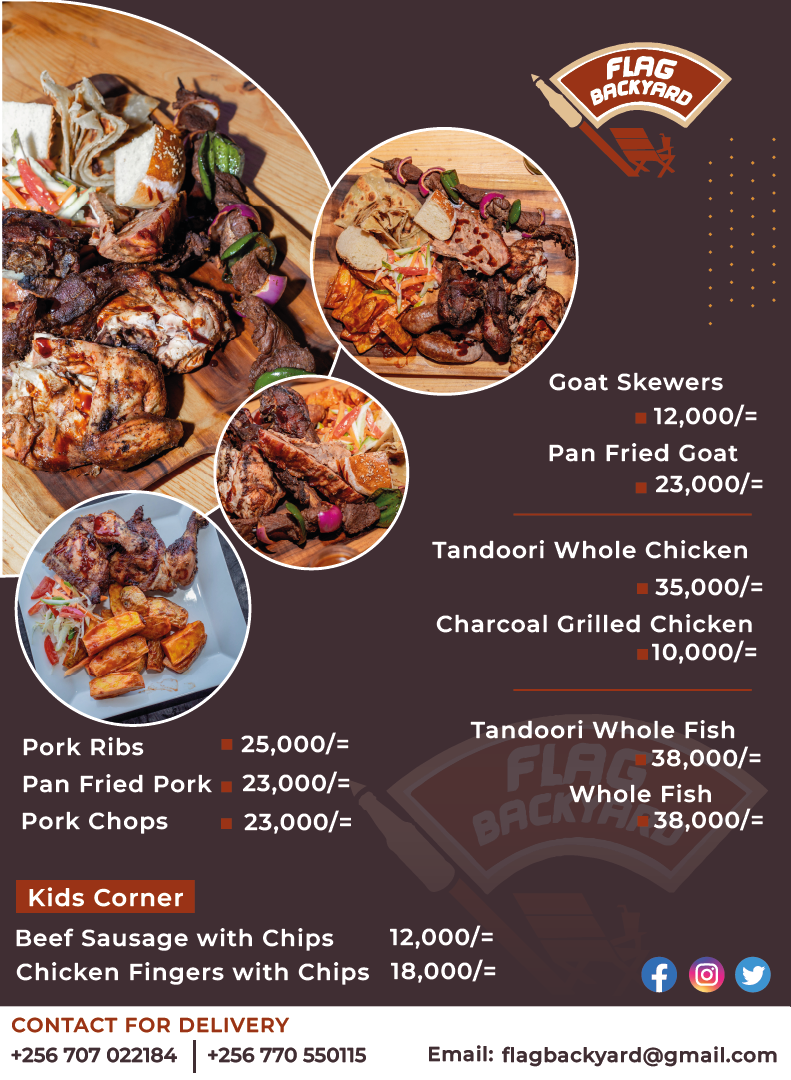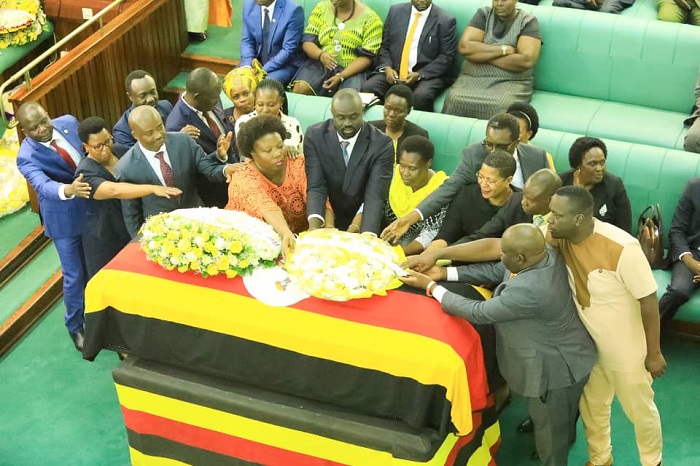
OULANYAH WAS HIGHLY SOPHISTICATED. DON’T BASTARDISE HIS FUNERAL
- FEATUREDOPINION
- March 31, 2022
- No Comment
By Odongo Lango
From the Okarowok Okwer-Amor clan of Lango, issued forth a son: Jacob Oulanyah, the son of Okori. The colonial cartographers drew his village of Alogi, in the present-day Omoro District. He was a Lango by tribe, but he detested tribal identity. He publicly confessed this many times. Our press, too lazy to fact-check and conduct investigations, reports about his roots from the words of the loudest politician around. Our press would rather copy and paste from social media.
Oulanyah had all the hallmarks of the great Lango warriors. Conquer a land with the hearts and minds, not with spears and arrows. The Lango were fearsome warriors with deadly javelins. Usually donning awesome face masks locally called, “kamakuna” the Lango warriors often struck terror in the hearts of the enemies. Thankfully, they were wont to resort to soft powers rather than the sharp points of their blades in their wars of conquest. This is why I aver that Oulanyah was an elemental Lango. Oulanyah was eloquent in the Acholi language, fluent in Acholi songs, and fluid in Acholi cultural dances. But he was not Acholi. He was only doing that because of the supple nature of the Lango people. Open to change, adventurous.
Harking back one thousand years, this was an old trick of the great Lango warriors. These Ateker warrior bands, more closely related to the Karamojong and Iteso by blood, deliberately adopted the Luo language so that they could occupy the Luo-land by the sleight of their hands rather than through the throwing of their fearsome javelins. To the Lango people, shedding blood was too big an expense. When the great Oyima clan crossed the Nile and form their headquarters at Hoima, they preferred to pronounce their town in the local dialects of their Bantu neighbours. Integration and assimilation were paramount in the Lango enterprise.
The Lango people are extremely polite in their observance of the dead. They don’t play politics when someone passes on. My friends from the Bantu tribes are struck that my wonderful friends from Acholi seem to be shedding more “tears” for Oulanyah than his own blood and kith, the Lango people. The Lango people don’t mourn in the press. The Lango people value the privacy and confidence of the bereaved family. Deaths and burials are a clan and family matter, not a public spectacle. It’s not a surprise that, when Dr Apollo Milton Obote, the father of the nation died, it was a man from Acholi, Bosmic Otim, who came up with a pop song concerning his death. Death to the Lango is a sombre, quiet, and solemn event.

In this situation, we have an ethical dilemma. Oulanyah was a Lango man who the colonialists made an Acholi by the incompetences of their hapless mapmakers. His own blood and flesh beg respect and privacy. The strangers he found himself bound with because of the mistakes of the cartographers would rather conduct his funeral at the marketplace.
Let’s leave the great warrior to rest. He went to the frontiers of battle. He saw. He conquered! Oulanyah, a man from Lango, from the Okarowok clan was a Ugandan, oh cross that! He was a citizen of the world.
The writer hails from Minakulu in Oyam District





